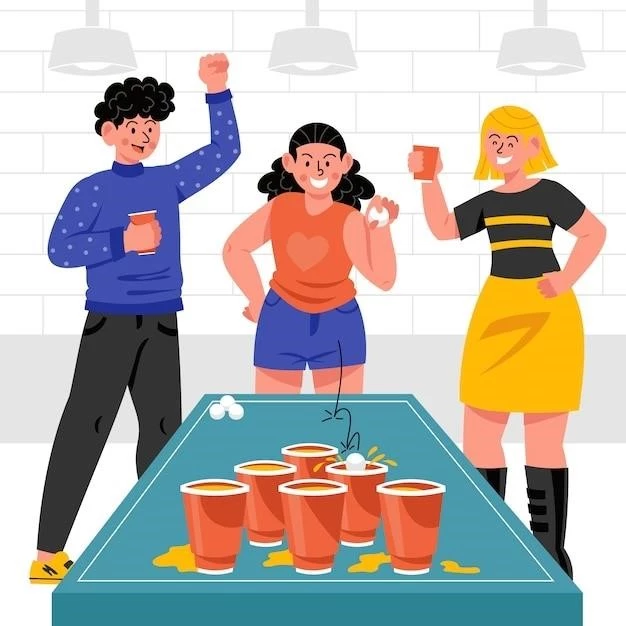Introduction
College students engage in various forms of gambling activities, with statistics indicating widespread participation in different types of games; While many students gamble responsibly, a percentage develop serious gambling problems with potential consequences on their academic and personal lives.
Overview of College Students Gambling Activities
College students participate in various forms of gambling, including sports betting, lotteries, card games, and online gambling. While most students gamble responsibly, a portion experience gambling-related issues that can have detrimental effects on their academic performance and personal well-being.

Prevalence of Gambling Among College Students
College students are actively engaged in various forms of gambling, with statistics showing significant participation in activities like sports betting, lotteries, card games, and online gambling. While many students gamble responsibly, some develop gambling-related problems that can impact their academic performance and overall well-being.
Statistics and Studies on College Students’ Gambling Habits
Research indicates that a significant percentage of college students engage in various forms of gambling activities, with participation rates varying across different games. Studies have revealed the prevalence of problem gambling among college students, highlighting the need for interventions to address such issues and promote responsible gambling behaviors.
Risk Factors and Consequences
Some college students see gambling as a risk-free activity, but research has shown that it can lead to serious problems, impacting students’ psychological well-being, financial stability, and academic performance. Despite the potential risks, only a small percentage of affected students seek help for gambling-related issues.
Potential Risks Associated with College Students’ Gambling Activities
College students often underestimate the risks associated with gambling, leading to potential financial struggles, academic difficulties, mental health issues, and negative social impacts. While many students gamble responsibly, those who develop gambling problems may face significant consequences that can affect their overall well-being.
Prevention and Intervention Programs
The FCCG has implemented various prevention and intervention programs targeting youth and college-age students to address gambling issues. Programs like Smart Choices offer educational resources and facilitate healthy discussions to promote responsible gambling behaviors among students.
Efforts to Address and Prevent Problem Gambling Among College Students
Efforts to tackle problem gambling among college students include the development and implementation of prevention programs, intervention strategies, and educational initiatives aimed at increasing awareness about responsible gambling behaviors. These initiatives focus on identifying at-risk students, providing support services, and promoting a culture of responsible gambling within the college community.
Impact of Technology and Online Gambling
Technology plays a significant role in shaping college students’ gambling behaviors, with online platforms offering convenience and accessibility. The rise of online gambling has increased opportunities for students to engage in betting activities using various devices, impacting the prevalence of gambling-related issues among the college population.
The Influence of Technology on College Students’ Gambling Behaviors
Technology has revolutionized the way college students engage in gambling, with online platforms providing easy access to a wide range of betting activities. The convenience and anonymity offered by technology have increased the prevalence of gambling behaviors among students, especially in online settings. The allure of mobile apps and websites has made it easier for students to participate in various forms of gambling anytime and anywhere, impacting their attitudes towards gambling and the frequency of their participation in such activities.
